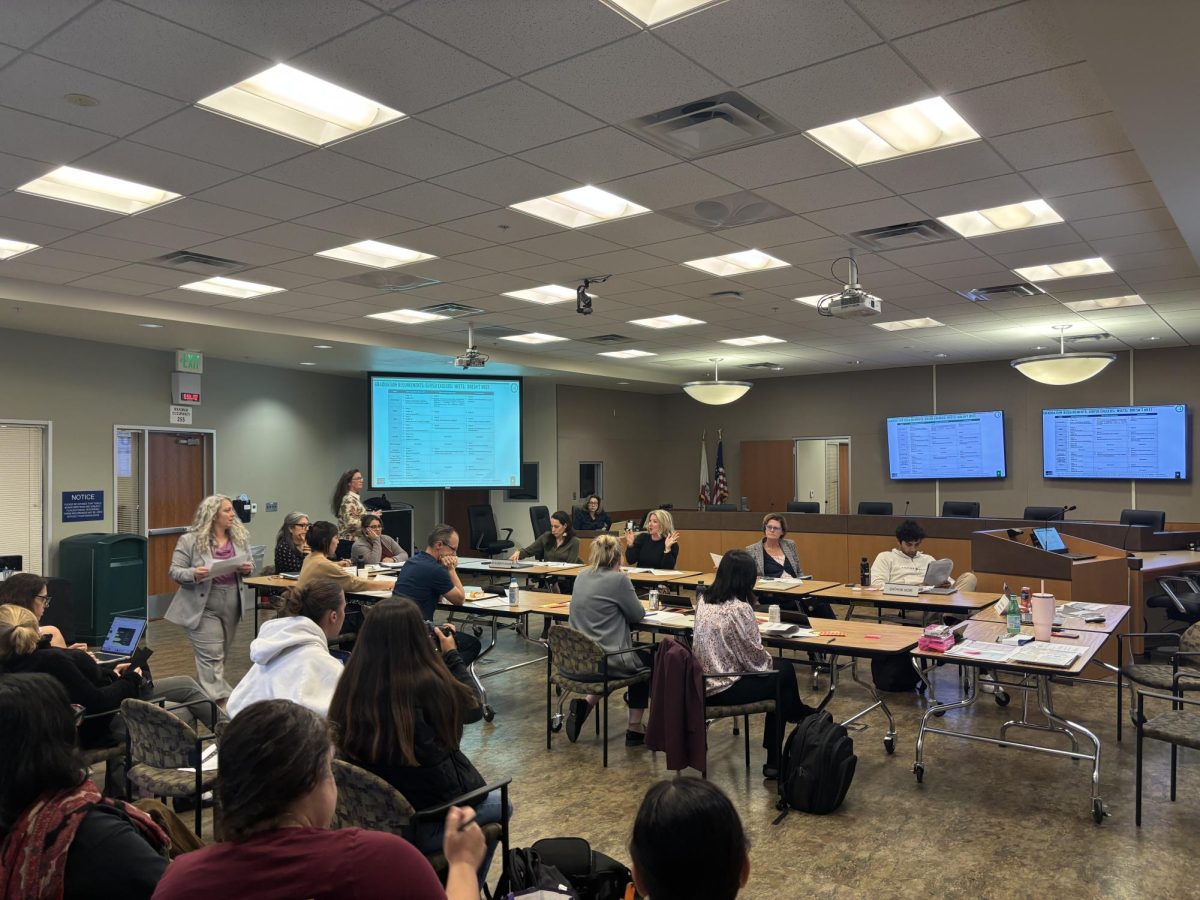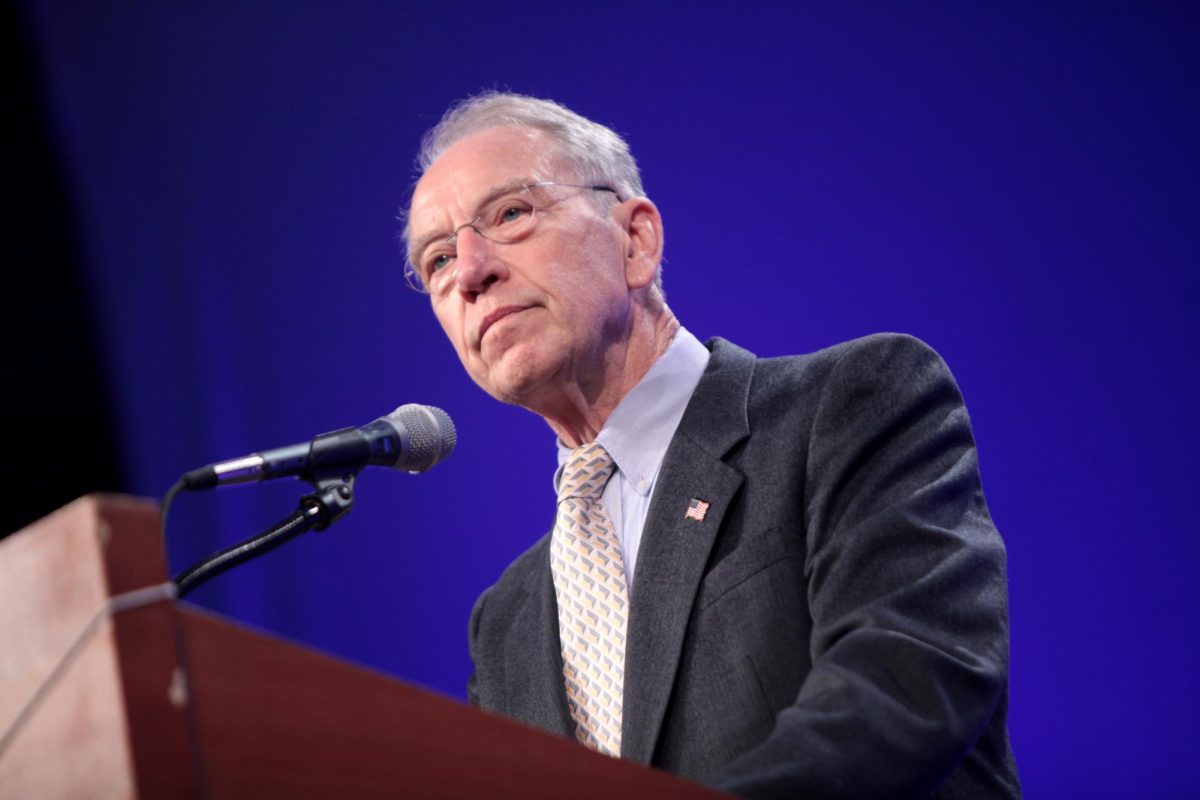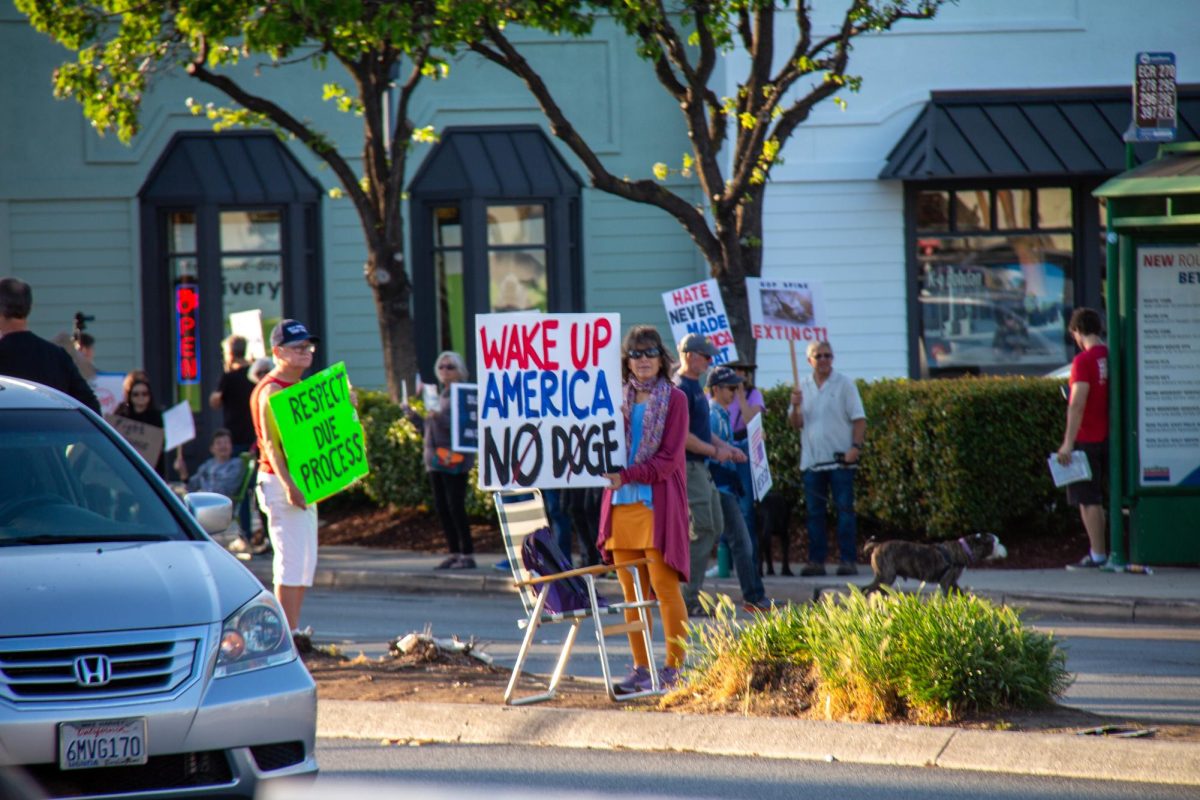Italian actress Asia Argento became a leading voice of the #MeToo Movement after accusing film producer Harvey Weinstein of sexual assault. Now, her credibility is under fire following the disclosure of a $380,000 payment she made to conceal similar allegations against her.
Jimmy Bennett, a young actor and musician who played Argento’s son in the 2004 film “The Heart is Deceitful Above All Things,” is currently 22. Watching Argento emerge as an advocate against sexual assault prompted him to share his story of being sexually assaulted by her in a California hotel room in 2013. He sent the New York Times a photograph of him and Argento in bed, as well as documents proving her payment to him in October of 2017. Argento admitted to making the payment but denied any misconduct, sparking a global dispute over her credibility.
“Right off the bat, I’m conflicted,” commented Christi Skinner, a high school junior attending Cañada College’s Middle College program. “[Argento] sparked a fire that the community and industry needed to light, yet now this has happened… It’s hypocritical and it’s definitely going to turn lots more people against the #MeToo Movement… but I don’t think it’ll truly change the movement drastically [or] change how effective the other voices are in it.”
Kayla Plotner, a new social science teacher at Woodside, has a similar viewpoint.
“I don’t think [the movement] would lose any momentum, because a lot of women and men have come forward talking about sexual assault and sexual violence,” Plotner added. “They’re stronger together.”
Woodside junior Noel Salmeron is less optimistic about the effects of Argento’s actions considering her influence in the #MeToo Movement.
“It’s shocking and unexpected that someone leading a movement that is supposed to empower women, more specifically those who’ve been sexually harassed or assaulted, would be accused of sexual assault herself,” Salmeron reasoned. “It might even make critics of it even more critical and think of it as fake or false.”
While Skinner is proud of the #MeToo Movement’s progress, they also point out the gender inequality highlighted by Bennett’s allegations.
“While we’re certainly progressing with how we handle sexual assault in the industry, it’s mostly progression for sexual assault against women,” Skinner noted. “Sexual assault against men hasn’t been put in the spotlight as much, resulting in a lot of harassment and hate sent men’s way when they come forward… Many people still have the mindset that a man couldn’t possibly be assaulted by a partner.”
Salmeron calls attention to another problem the #MeToo Movement still faces: the difference in consequences for perpetrators of sexual assault.
“The consequences of those accused of sexual assault should not differ based on gender, but it seems that currently women aren’t punished as harshly as men for committing sexual assault,” Salmeron stated. “I feel like they’re often the victims in sexual harassment or assault cases… They aren’t really seen as predatory.”
Salmeron labels himself as a supporter of the #MeToo Movement but acknowledged that it didn’t have too much personal significance to him. On the contrary, Skinner feels that the movement is an integral part of their identity.
“I have been sexually assaulted, I’ve been groped, I’ve been followed and grabbed, both times at a scarily young age,” Skinner recalled. “I most certainly do not feel safe in our community. I’ve become programmed to watch my back no matter where I’m walking or who I’m walking with, all out of fear… I’m incredibly paranoid because of how many times I have been verbally and physically harassed and assaulted… I don’t have enough fingers on my two hands to count how many people have honked at me, made kissing noises at me as they drive by, [and] rolled down their windows to yell at me to bend a bit more.”
Skinner finds hope in the movement and feels that it serves as a connection to others with similar experiences.
“Somehow, hearing about other victims’ struggles have helped me find a balance in the midst of all this turmoil going on in my head,” Skinner continued. “It’s also made me feel like the voice I have isn’t a waste and isn’t looked down upon… I know that this movement aims high, and I know that if it accomplishes that, everything I’ve fought for and fought to cope with won’t be a waste.”
Meanwhile, as the 2018 school year begins, Plotner is careful to not assume anything about her students or their backgrounds. She hopes to make her class a welcoming place for all, which is reflected in the numerous human rights posters lining her classroom walls.
“We need to be mindful of the fact that there’s a lot about people’s identities that we don’t see when we look at them… we don’t think that they’d be affected by certain things because of who we see on the outside,” Plotner explained. “No matter what happens every day in the hallways or on the internet, this is a place where we’re all valued, we’re all equal, we all bring something special to the table, and no one is going to be discriminated against or treated any differently or disrespectfully based off of any inherent qualities that they have.”
Following with this philosophy, Plotner hopes that Bennett’s allegations will only make the #MeToo Movement more inclusive.
“We need to make sure we’re allowing our female voices, our male voices, and our LGBTQ voices… to be heard,” Plotner insisted. “There are a lot of people who have been affected by this who might feel like they’re on the outside looking in on the movement.”
In a public Instagram post, Bennett labeled himself as one of these people. Now, regardless of the criticism he may face, he is ready to share his story in hopes that it will break any of the #MeToo Movement’s remaining gender boundaries. As for Argento, many wish to question her.
“I would just ask her why she did what she did and why she’s been trying to hide it,” Skinner decided. “It’s a hard thing to grasp when someone seen as a powerful, impactful voice ends up being just as bad as who they were fighting.”












